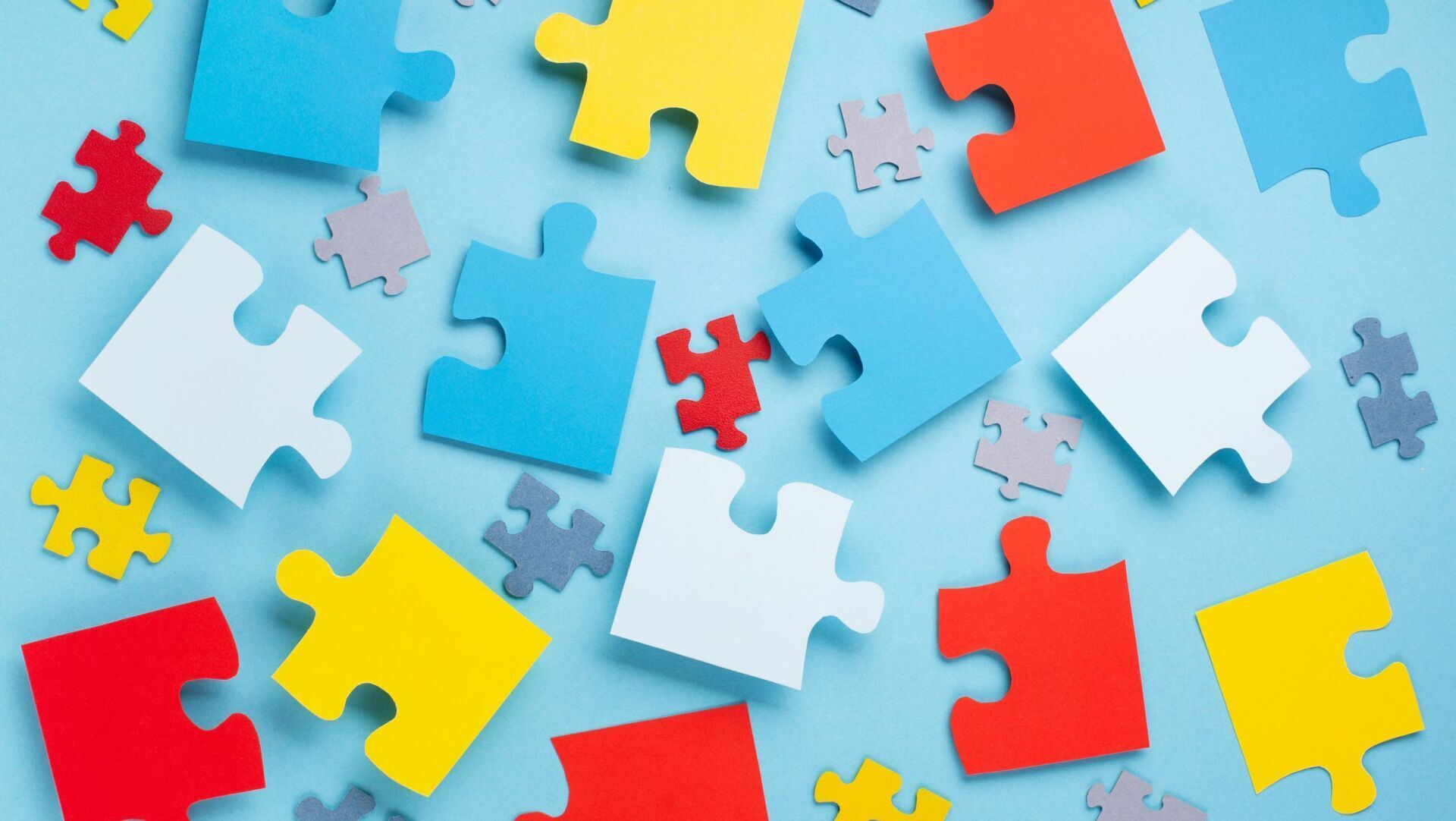Couples Therapy
Defining our relationships with ourselves and with our partner

It could be said that there is no defining moment or definition of a regular difficultly that couples face when they decide to attend couples therapy.
It could be that there is a nagging feeling that some thing isn't right, traditionally called a gut feeling. It could be a feeling of a lack of physical intimacy and a lost passion which was there in the early days of the relationship. Both or one of the couple may feel the flame of passion has distinguished and somehow dissolved, leaving the relationship feeling predictable and without excitement. Maybe one person is more motivated to seek therapy than the other, which could evoke resentment and they may feel like going to therapy is one sided, that somehow the other person is pushing along the agenda for therapy and is the only one trying to make the effort to salvage the relationship.
The elephant in the room of the stereotype of the ‘begrudging partner‘, being dragged along to a therapy session because they feel like they don’t have the choice, is something of an enigma, which needs to be gentle explored at the beginning of therapy. The idea that people in general have personal ownership in the decision making process is key, as this shows us, by someones actions that they are committed to making the relationship work in a physical sense of the word as they are physically present. They may say things like, ‘I'm here, aren't I?', but the real exploring comes from the physical and emotional connection that the couple have to each another, and the commitment to work on the relationship and finding acceptance.
Dynamics within the therapy room can play out in the form of one partner being passive whilst the other is more dominant. It could present as anger or indifference, maybe there is a feeling of emotional exhaustion and often non engagement, in the session, is an unspoken communication. Not engaging in the process but by sitting in silence, can sometimes say a lot about what is being unsaid; it's a form of non verbal communication and can be read in many different ways by the receiver and in the context of the session.
The therapist is there to bring those feelings out and help the couple to decide first and foremost whether they would like to invest in the time to work on the issues that they are facing and facilitate them finding a way through, in a non judgmental and safe space. Preparing to go into a session and make yourself vulnerable is quite hard for some people and there has to be an acknowledgment that this is a form of commitment, to explore and look at the issues and to help them gain a better understanding of their partner.
Space for couples is an important concept, what do we define as space? Space to breath physically, metaphorically or emotionally? Maybe the couple need time to process or work through difficulties or changes in their relationship; they may have to process what's happening on all three levels. Whether it's in the therapy room, with it's chairs set out and the boundaries of the time set out for the session, or whether it's the time outside of the therapy room and the space in the clients head, therapy should be a safe space to explore the different feelings of the relationship, and the couple hopefully feels that they can do this without judgement.
Couples reach the point of deciding to invest time into therapy when there tends to be a break down within the relationship, it could be a loss or bereavement, an affair, intimacy difficulties, infertility, parenting issues lack of commitment or problems with communication. Often set patterns of behaviour can emerge within individual's own relationships in the present day, but can be brought from the past. Theses states of being and behaving can either be transferred into the new relationship or affect the current relationship. The role models that individuals have experienced growing up may have set the blue print of what a relationship should look like and these can affect the way the couple relate to each other. The old ways of being and reacting to situations, can emerge and resurface without the realisation that this is what is being acted out.
Couples therapy can allow the couples to talk about and become consciously aware of stuck behaviours, by doing this, it enables couples to learn about not subconsciously reverting back to repeated patterns of behaving that may be having a negative affect on the relationship.
Often it is important to recognise that communication is key and that looking at the different ways couples can communicate is essential in understanding each other. It may seem simple, but when misconceived or misunderstood communication is received, these messages can damage the relationship.
Exploring more emotionally nurturing ways to communicate and to build on the strengths of the relationship, by using strategies such as appreciative communication, praising each other and recognising the qualities in your partner, all helps to build on the bond and emotional connection that attracted one to each other in the first place.
Couples therapy helps couples to continually learn and hopefully they will reach a point that they will have greater insight into their own individual feelings about their relationship and what works well for them in order to move forward and create a balanced way of being together.
